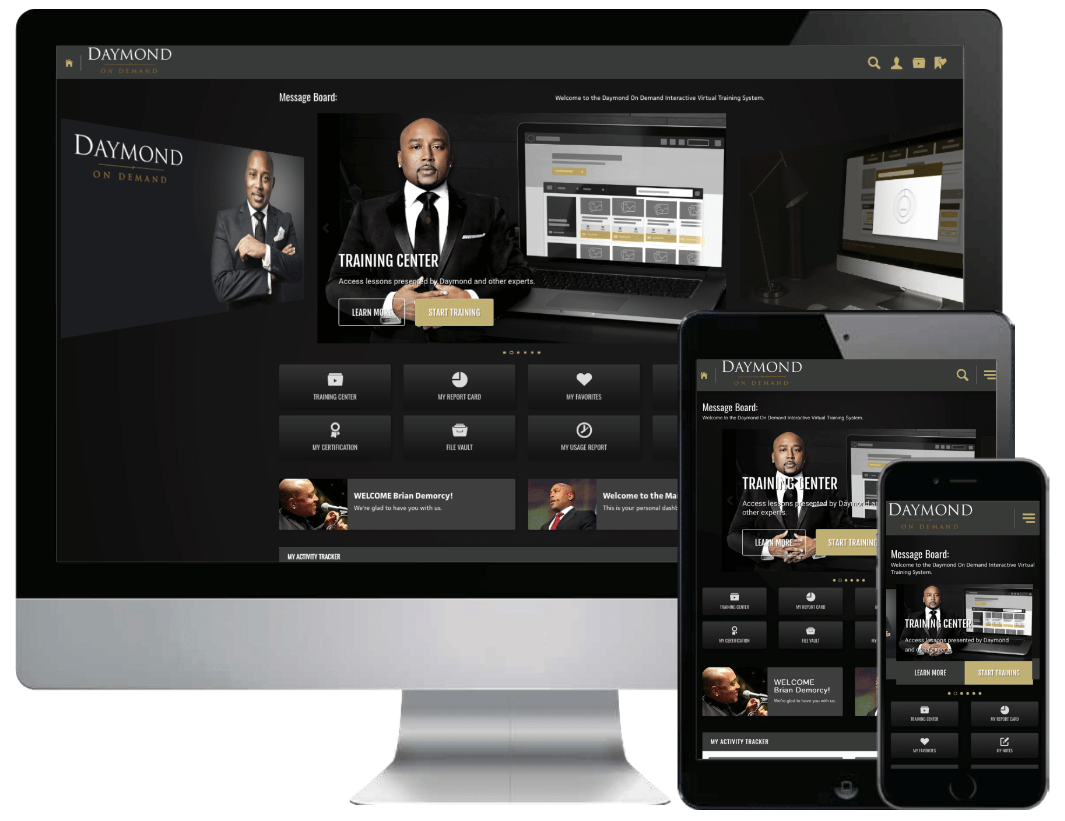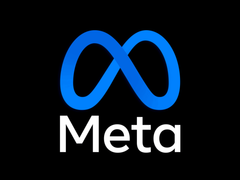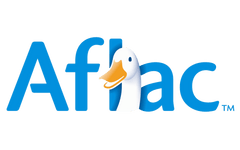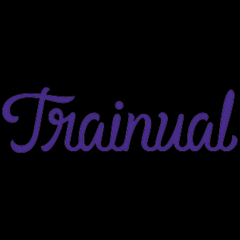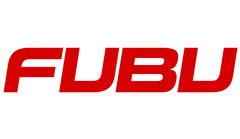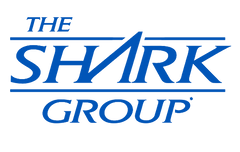
I am very excited to launch the second part of our 3-part series on Clate Mask, CEO of Infusionsoft, the leading all-in-one sales and marketing software built for small businesses which is currently servicing over 30,000 customers and growing at lightning speed.
If you haven’t checked out part one, I encourage you to read it here first.
Please continue the conversation in the comments section below and let me know how this post has helped you!
- I read that no matter what you went through, the thought of giving up never crossed your mind because of the belief in what you were doing. Can you give any words of advice to the entrepreneur who is struggling and thinking about giving up? See above
Starting a business is resource intensive. The business occupies everything; every single hour of the day, every dollar that you’ve scraped together, and even the dollars that you have to borrow to pay for necessities.
Not only are your loved ones faced with the fact that you don’t have enough money to keep the lights on, but they have to cope with the fact that you’re consumed with developing the business. The business won’t progress without this sacrifice and the choices you make with your limited resources can sometimes leave you feeling guilty and alone.
I have an amazingly supportive wife, but I remember the day when she reached her limit. She asked me to get a ‘real job’ and put my MBA and law degree to use. It was time to take care of my family and stop chasing my passion.
When I saw the strain that entrepreneurship was putting on my family, I agreed to quit. I went to work that day with the determination to find a new job. However, my intention to quit immediately waned because the needs of the day demanded my full attention. I was consumed by the work at hand and couldn’t bring myself to tell my brother-in-law co-founders that I was going to bail on them. Like most days, the hours flew by so fast and by the time I looked up, the day was over, and I had not made good on my promise to look for a new job. Luckily, when I went home that evening my wife told me she had a change of heart. We made it through, but those times were rough.
My advice to those who are struggling is to go back to the reason that you started your entrepreneurship journey. If you started your business with a particular purpose or cause in mind, then find a way to get back that fire that ignited you in the first place. Then take a moment to get clear on exactly what you need to do to drive your mission forward and take the next step.
- Even though business takes a lot of resources, you seem to have a great balance between work and play. What does a typical day look like for you?
Establishing a routine is important, but you must first commit to an activity that you enjoy. If you view exercise as a chore or a task to cross off your to-do list, then you're less likely to succeed. My routine is boring, but I like it, and it works for me. I wake up at the crack of dawn and drive to the gym. I stretch until 5:00, work with weights for 40 minutes and finish with 40 minutes of elliptical training.
I drop my girls off at school in the morning and get to the office around 8:00 am. I work almost non-stop until I arrive home againat about 6:00 pm. Most days lunch consists of taking 5 minutes to eat a sandwich in my office so I can keep working. I don’t work from 6:00-9:00 and I leave my cell phone in the car so I can focus on my family. Weekends are also family time unless there is an emergency that needs my attention.
Sometimes, work and family time overlap. I remember when my son Tanner was graduating and about to leave our home. I wanted to spend as much time as possible with him before he left, but I was in the middle of a funding round.
I had to fly to Boston to meet with Bain Capital Ventures and instead of doing a red eye in and back, I asked if I could bring my son to the meeting. I got the thumbs up, and this turned out to be a great opportunity not only for the two of us to spend quality time together and for him to also learn more about business. It was an amazing experience for both of us.
- I have found that belief in your product or service has a lot to do with doing your due diligence and research first to make sure what you have is something that people actually want. Research is one of Daymond’s 5 Shark points and something he stresses on a daily basis. Can you speak to the aspiring entrepreneur on the importance of doing your research? How important a role did research play to achieve Infusionsoft’s great success and how important is it today in your current business model?
As an inspiring entrepreneur, selling and fulfilling is only part of the research. Take the time to look at the data, talk to your customers and truly understand what they need so that you can close the gap with your products and services. Your customers are your research and you never want to lose connection with them.
Over time, as you gain additional resources as well as additional customers, you can perform research that is more sophisticated and get clearer on the direction you need to take. However, while you should always look at the data, you must trust your gut. When I look back on decisions that I’ve made that I wish I could reverse, I find a moment in time where I ignored my gut. Instead, I used the wisdom of experts and mountains of customer data to push down my gut instincts and help me sleep at night, and it almost cost me the business.
- Most successful entrepreneurs know that customers are the people who are responsible for a company’s success. Can you speak more about the importance of putting the customer first? How does Infusionsoft do this?
Infusionsoft puts our customers at the front of everything we do and are constantly asking for feedback. However, we’re not immune to difficult lessons and back in the day, we learned the lesson of putting the customer first the hard way.
A few years ago, Infusionsoft created our Everest mission. This mission declared our purpose to help small businesses succeed and was focused on changing the game for hundreds of thousands of small businesses by being the standard in sales and marketing software.
This mission was bold, and we were set on delivering it as fast as possible.
Advisors and board members were insistent that we remove the biggest barrier to purchase, which was the set up and training fee that we charged each customer. I knew in my gut that this wasn’t the right move for Infusionsoft, but I felt compelled to listen to experts and those with more experience.
Along with their advice, I sought to collect data to convince myself that my gut was operating out of fear instead of fact. For six months we tested the plan to remove the barrier to entry with a select group of buyers who wanted to purchase, but couldn’t afford the setup fee. The data was overwhelmingly positive and proved that eliminating the fee would increase usage and sales volume.
When the data came in, I couldn’t argue with it. In one day, we removed the set up fee and all of the services that came with it.
What I failed to realize about the data and testing plan was that the select group of buyers were unique. They knew a lot about sales and marketing, but they didn’t represent a good sample of the small business population.
Suddenly, we had a huge volume of customers coming in and a mass exodus out. Our cancellation requests went through the roof. The business was hemorrhaging cash, and we had to take swift and massive corrective action to save the business.
We learned through experience what my gut knew intuitively. We were doing a disservice to our customers by providing a tool to grow their business without providing the help to use it. As it turns out, many small businesses need help to get started with sales and marketing processes and campaigns. They may not feel great about having to pay for something they don’t know they need, but it’s actually the best thing for them in order to get to the value that they’re looking for.
- One of Daymond’s definitions of OPM is “Other People’s Mentorship” as he is a firm believer in the power of mentors and has had many mentors along the way. You have mentioned you have had mentors such as Jim Collins who have helped you along the way. Can you speak more about some of the best lessons and values you have learned from your mentors?
Mentors and advisors are critical to the success of small business. You simply don’t know what you don’t know and sometimes the playing field is so new that you don’t know what to ask.
In the early years, Dan Kennedy and Bill Glazer were instrumental in helping us learn and grasp direct response marketing. Michael Gerber was key in helping us establish our vision. Pat Sullivan provided expertise in building a CRM software company. Our board members, including Geoffrey Moore and his information on Crossing the Chasm, have been super influential. Advisors, like Doug Bergum and Paul Dali, provide been-there-done-that insights into building a high-growth technology company. We learned a lot from Jim Collins—we met with him and have read all of his books. It was meeting with Jim that solidified our belief that at Infusionsoft culture is strategy.
These are just a few of the mentors that have influenced the shape of our company. Without them, we would not be where we are today. We are very grateful for the opportunity to work with each of them.
Tune for the final part of my interview with Clate very shortly! Again, please share in the comment section below and tell me what you learned and how this post helped you in your entrepreneurial journey.
Have a great day! - DJ
